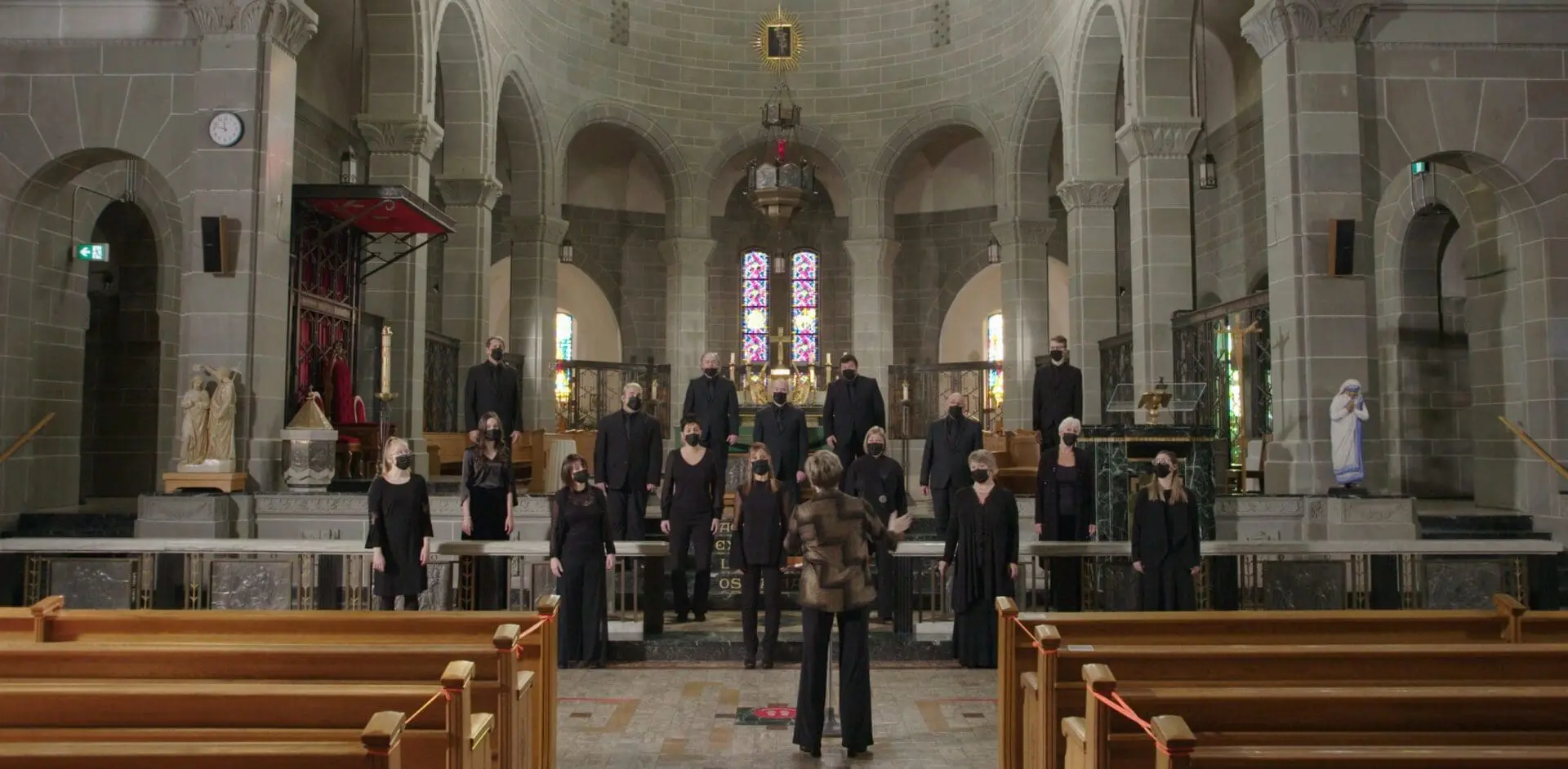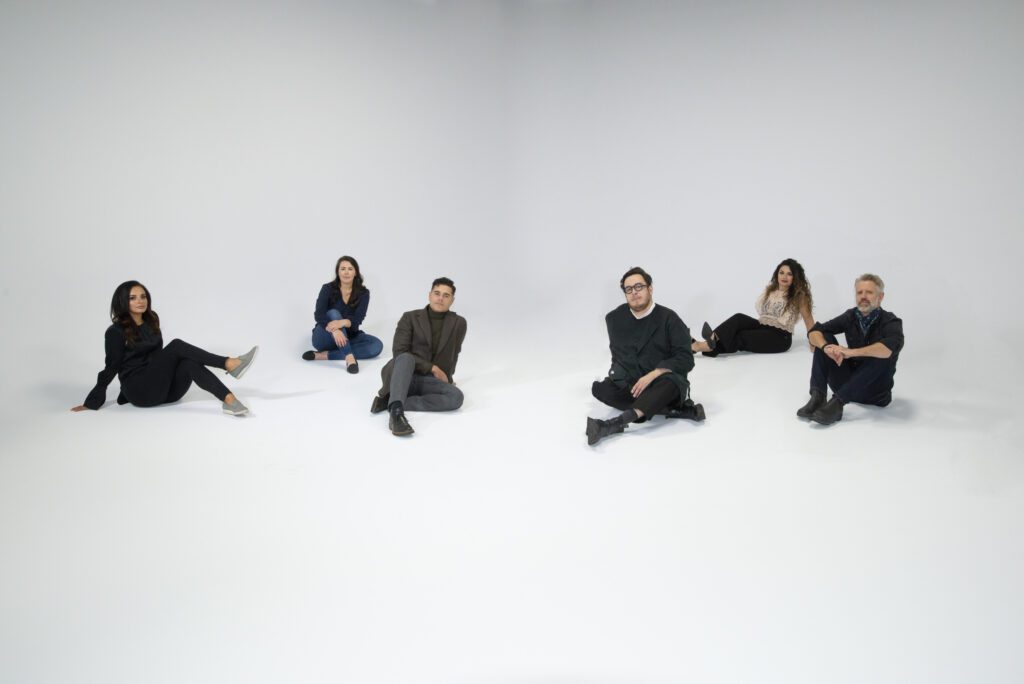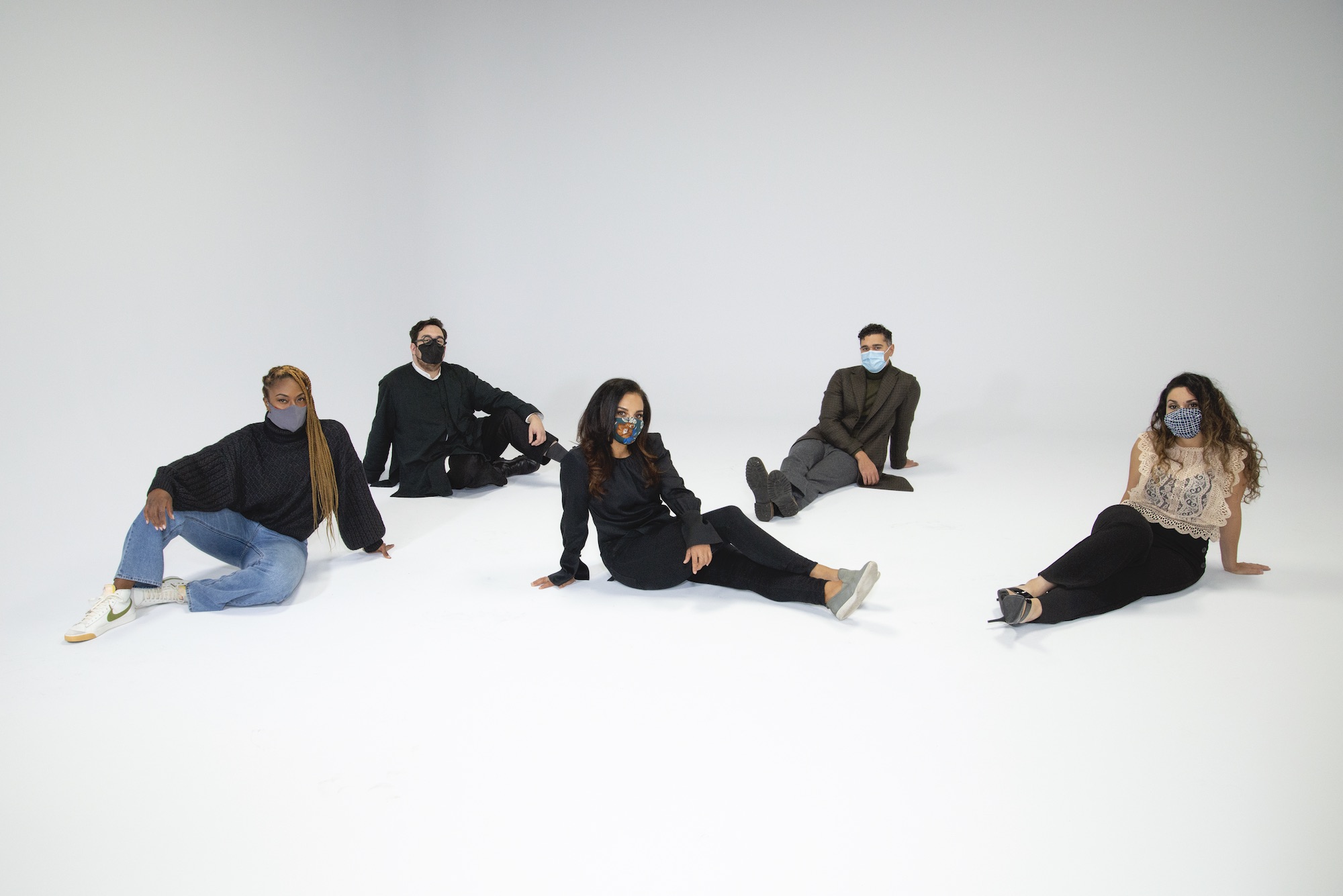An old professor of mine startled me recently, asking, “What’s it like singing Messiah as a Jewish person?”
I was taken aback, never having given the matter much thought.
“It’s beautiful music and story-telling, like all my other repertoire,” I replied, perplexed at the question and to have been so clearly labelled by my religious identity. Did being Jewish make me any less welcome to sing Messiah, a favourite work of mine since childhood?
Currently, Canadian classical music lovers can watch multiple versions of Messiah online, including productions which explicitly grapple with the same question posed by my professor: What does it mean for people of diverse identities to experience and perform Handel’s Messiah?
Answering this question in 2020 was never going to be simple. Music scholar David Hunter recently discovered Handel to be a large investor in at least two slave trading companies: the South Sea Company and the Royal African Company. Showcasing the work of an 18th-century composer with clear racist beliefs–and privileging Messiah’s Christian narrative–offers challenges for companies with mandates to celebrate and exemplify Canada’s diversity.
Both Against the Grain Theatre (AtG) and Soundstreams’ recent Messiahs offer solutions to these problems, each reinventing Messiah to include viewers and performers of diverse backgrounds. AtG’s Messiah/Complex features singers spanning numerous traditions singing re-written texts in Arabic, Dene, English, French, Inuktitut and Southern Tutchone.
AtG’s version mostly removes the Christian story, instead inserting personal narratives of overcoming adversity and celebrating different identities–amidst sweeping shots of Canada’s landscape. Only the orchestral and choral portions remain true to Handel, played gloriously by the Toronto Symphony Orchestra under Johannes Debus and an array of choirs from across the country.
Soundstreams’ Electric Messiah features new and contemporary arrangements of Handel’s music, including pop, R&B, Japanese Sho and more. As well as creative musical explorations, Soundstreams’ production features moments of political poignancy, incorporating spoken word by Andrew Adridge, a baritone from Toronto who is Black, and a newly composed work by Ian Cusson, a composer of Métis and French-Canadian descent.
These adaptations place Soundstreams’ Electric Messiah firmly in the present, allowing the audience to hear from voices that represent the different narratives that exist on the land on which their Messiah is presented. Both productions offer unique and distinctly Canadian spins on the almost three hundred-year-old work.
As AtG’s Messiah/Complex title suggests, presenting Handel’s work in 2020, as with many other works in the classical and operatic canon, is riddled with complexity. What does it mean when IBPOC singers perform music written by composers who invested in their ancestors’ enslavements, as Handel did? And while changing texts and narratives may feel liberating for some, what does it mean for Christian audiences to hear textual changes to scripture? Is rewriting Messiah truly the answer?
Alex Ross discussed some of these problems in a recent New Yorker piece, describing the measure of justice we can see when singers of colour sing Handel’s music, or the radical new light that can be cast on problematic works through new stagings, as with the AtG and Soundstreams productions. “There is no need to reach a final verdict—to judge each artist innocent or guilty,” Ross argues, alluding to works and artists of the past including Handel. “Living with history means living with history’s complexities, contradictions, and failings.”
Watching these two versions of Messiah over the past week, juxtaposed with a traditional production I watched out of Montreal, exemplified the challenges facing Canadian classical musicians today. Now more than ever, the classical music industry faces a reckoning with its racist and colonial history, questioning what to do with the canon’s treasured but often morally flawed works and composers.
As Jenna Simeonov noted recently in The Globe and Mail, the cultural significance and universal affection for Handel’s Messiah cannot be understated. “For better or for worse, Canadians respond to Messiah,” she argues, “and no new piece can match that kind of cultural context. Not for all, but for many, Handel’s music is a true part of the holiday season, and it signals joy.” Much as Simeonov may be right, one wonders how many works from women composers and composers of marginalized backgrounds could have achieved the same status had they received the privilege Handel’s works receive.
Messiah, like all great works of art, can provoke division, unity, and foster deep internal questioning. This questioning keeps works of the past from becoming artifacts, allowing them to evolve as our society evolves. So perhaps my old professor was right; it is time I asked myself what it means to perform Handel’s Messiah as a person of my identity, just as we’ve seen Canadian arts organizations ask themselves recently.
I hope we continue seeking and uncovering new answers in years to come.
Sara Schabas is a Toronto-born soprano currently living in Geneva, Switzerland. Recent performances include Dukdukdiya in Vancouver Opera/POV’s The Flight of the Hummingbird, her Dora-nominated portrayal of Anne Frank in Loose Tea Music Theatre’s Singing Only Softly, and the Dormouse in Pacific Opera Victoria’s The Garden of Alice.



















